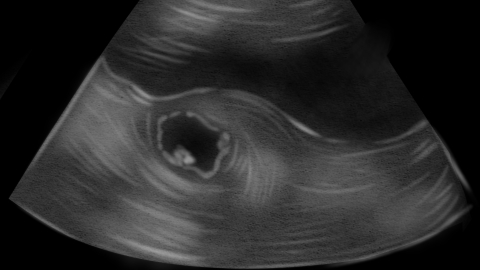Does non-invasive DNA testing have any impact on the fetus?
In general, non-invasive prenatal DNA testing is performed by drawing peripheral blood from pregnant women. It does not directly contact the fetus and therefore poses no adverse effects to the fetus. However, if abnormal test results require further invasive procedures, or if the pregnant woman has special medical conditions, risks must be carefully evaluated. If there are any concerns, it is recommended to consult a healthcare provider in advance. Detailed analysis is as follows:

If the pregnant woman meets the gestational age requirements (typically 12–22+6 weeks) and has no history of chromosomal abnormalities in previous births or severe organ malformations, non-invasive DNA testing involves only collecting a small amount of maternal peripheral blood. Fetal cell-free DNA is isolated and analyzed using advanced technology. The entire process does not enter the uterus and causes no harm to the fetus, making it highly safe and reliable.
If the non-invasive DNA test indicates abnormal results, further invasive diagnostic procedures such as amniocentesis or chorionic villus sampling may be required. These procedures carry a certain risk of miscarriage and may impact fetal safety. Additionally, if the pregnant woman has underlying conditions such as coagulation disorders or threatened miscarriage, even though the non-invasive DNA test itself poses no direct risk, her overall health status should first be assessed to determine whether testing is appropriate and to avoid triggering other health complications.
Before undergoing non-invasive DNA testing, women should inform their doctor about their personal health status and obstetric history. If test results are abnormal, they should avoid excessive anxiety and follow the doctor’s recommendations for subsequent diagnostic steps.





